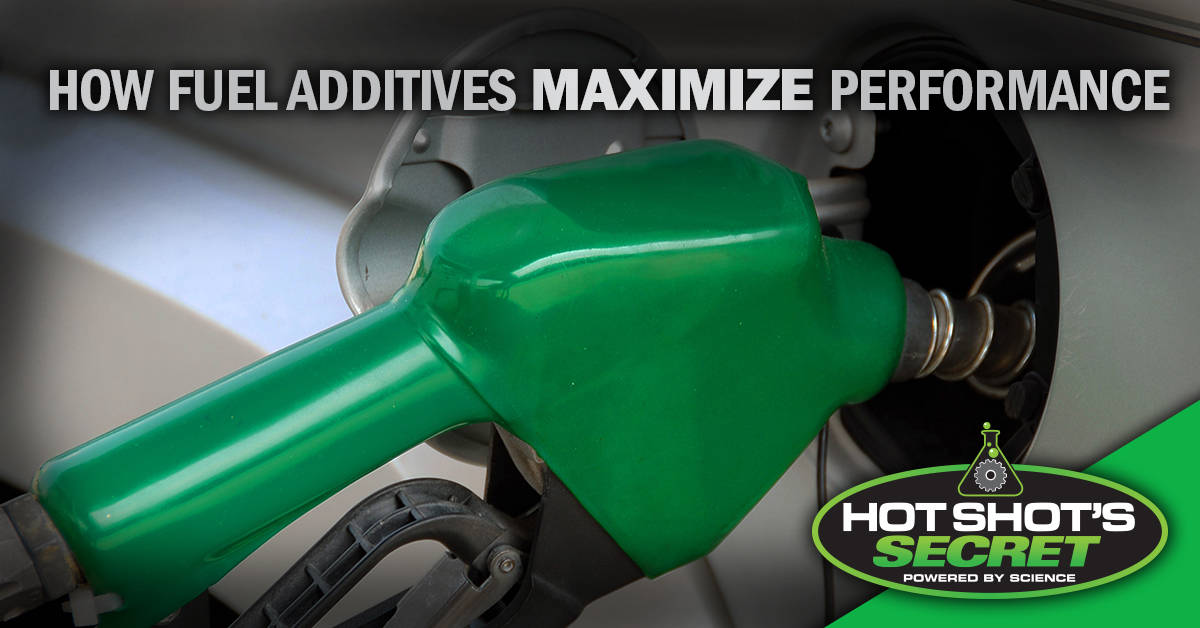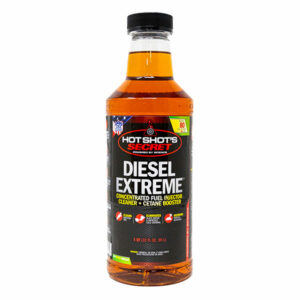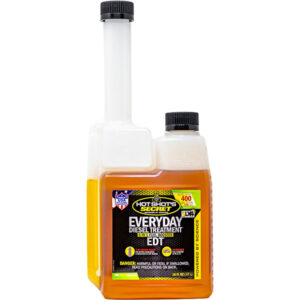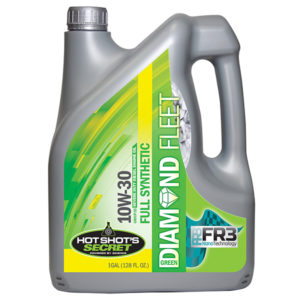
Most automobile enthusiasts can agree on one thing — the more power, the better. High horsepower substantially impacts a vehicle’s performance by affecting its ability to gain speed. There are numerous cost-effective ways to increase horsepower, from installing turbochargers to using specially formulated fuel additives.
Understanding Horsepower
Horsepower is the power an engine generates. One horsepower unit generally equates to a horse lifting 550 pounds by 1 foot in a second. In automotive circles, it refers to the power required to propel 33,000 pounds by 1 foot in a minute.
Horsepower measures the rate at which work is performed. This distinction separates it from torque, which is the force required to do the job. Horsepower enables speed maintenance, while torque fuels acceleration. As a result, vehicles with more horsepower and torque will go faster and accelerate more quickly. More horsepower can also lead to more stable towing.
While there are many ways to gain horsepower in your car or truck, you should set realistic expectations when choosing the best solution among the following approaches.
Conducting Regular Maintenance for Optimal Performance
Those looking to add more horsepower to a vehicle often start by carrying out regular maintenance tasks. Proper upkeep of your vehicle’s engine helps:
- Save money: A well-maintained engine is less prone to breakdown, which means less expensive repairs.
- Boost resale value: Regular upkeep is attractive to potential buyers since it shows the vehicle was well cared for.
- Increase the life span: Cars and trucks with regular maintenance last longer for maximum value.
To gain these advantages, vehicle owners should:
- Perform routine oil changes.
- Replace air filters as needed.
- Inspect their spark plugs, gasoline only.
- Monitor and maintain correct fluid levels.
- Consider fuel additives that deliver optimal performance.
Upgrading Air Intake and Exhaust Systems
Engines can generate more power with more air intake. Solutions like high-performance air filters and cold-air intakes can make a significant difference in horsepower. The higher airflow activates the car’s computer to inject more fuel into the mix, increasing power output.
The same applies to standard exhaust systems, which often include a restrictive catalytic converter. Swapping that out for an aftermarket system or performance headers can help raise the airflow and deliver similar results.
Both solutions have a positive impact on horsepower. How much you actually gain depends on your vehicle and the precise options you choose.
Tuning Your Engine and Remapping the ECU
Many automotive enthusiasts that want to get more horsepower turn to engine tuning and engine control unit (ECU) remapping. This method involves plugging a performance tuner, often called a “chip,” into the vehicle’s diagnostic port. These devices adjust timing and fuel maps to boost performance.
While you can use a hand-held performance tuner yourself, it’s often better to work with a professional. Experts often use more advanced technology that allows them to modify factors a hand-held unit may be unable to access. Professional tuners also have more experience maximizing performance for better protection of your investment.
Most tuning shops use an instrument called a dynamometer that mimics road driving in the shop. The simulation allows the tuner to visualize engine load, torque, air-fuel mix and power. Readouts change as the tuner makes adjustments, allowing them to modify until they optimize performance. You can find a reputable tuning shop by researching them and asking fellow gearheads for recommendations. You should consider factors like reviews, costs, availability and experience in your decision.
Adding Forced Induction
Superchargers and turbochargers are forced induction systems used to move compressed air into the engine. The addition of either solution allows for more oxygen to generate an additional power boost. The primary difference between the two is their source. While turbochargers draw energy from the exhaust gas, superchargers rely directly on the engine for power.
Forced induction is generally a successful way to gain noticeable horsepower differences. How much horsepower does a turbocharger add? Results differ, but many users report gains of 70 or more. Superchargers may provide boosts of up to 100. Both solutions benefit from professional installation and tuning for maximum performance.
Using Fuel Additives for Enhanced Performance
Fuel additives are one of the easiest and wallet-friendly ways to improve engine performance. These products are ideal for:
- Cleaning fuel system components that help boost horsepower.
- Protecting sensitive engine parts to ensure reliable operation.
- Reducing carbon deposits that impact fuel consumption.
- Improving fuel combustion for increased power output.
Evaluating Fuel Additives
When choosing the ideal fuel additive for boosting performance, take the following steps:
- Find a reputable brand: Identify manufacturers that have invested in scientific research and testing. It’s also a good idea to look at product reviews, customer testimonials and guarantees.
- Ask the experts: Consult your mechanic or your vehicle’s manual for manufacturer recommendations. Both are an excellent source of guidance.
- Confirm the details: Choose an additive compatible with your vehicle’s fuel system and engine. Be sure to follow all label instructions for use.
Shop Additives From Hot Shot’s Secret
Hot Shot’s Secret offers fuel additives to help improve horsepower. Our scientifically engineered formulas protect engines while enhancing operation and maximizing life spans. Browse our entire lineup of additives and other vehicle performance solutions. You can confidently order online — we offer a 100% money-back guarantee if our products don’t work as described.
Have questions or need advice on choosing the right additive for you? Our experts have answers. Contact us online or call 800-341-6516 to talk to a specialist.




